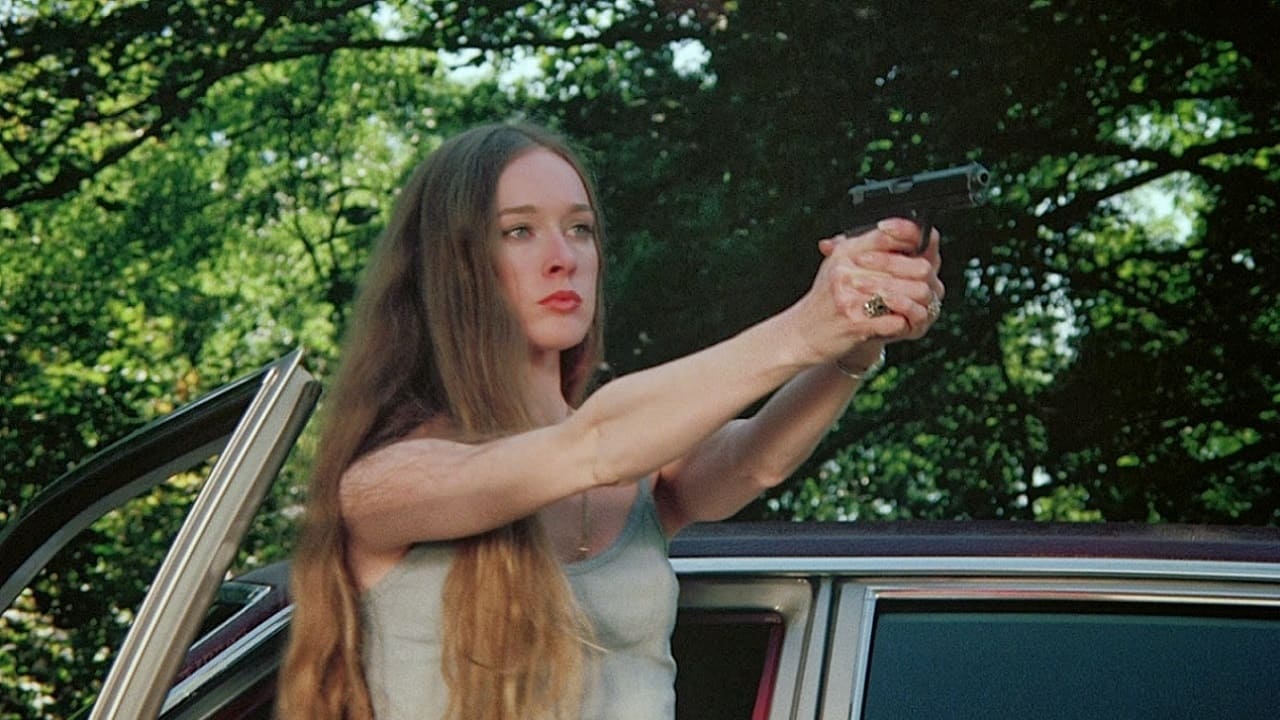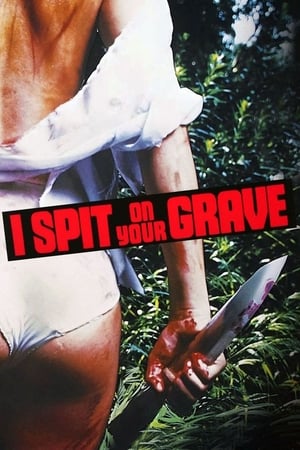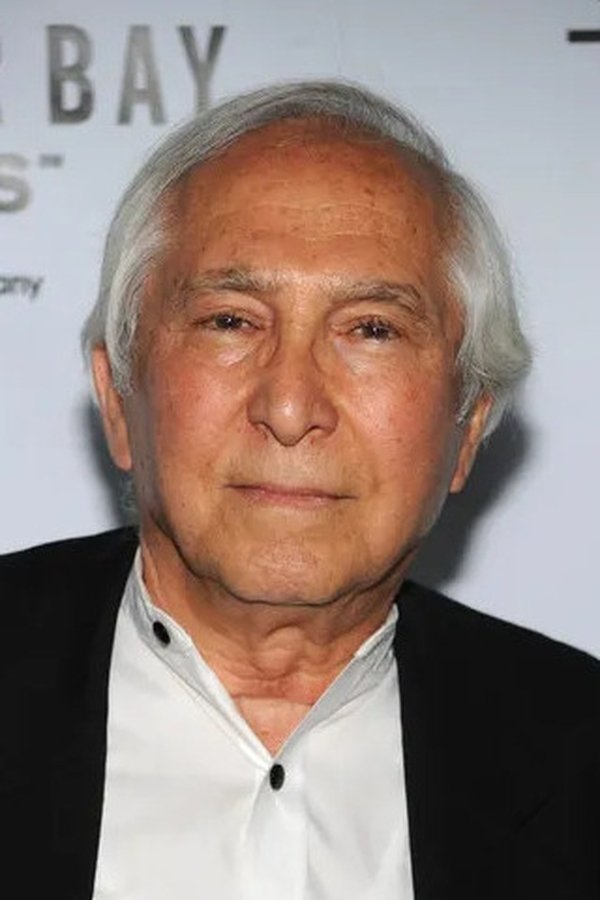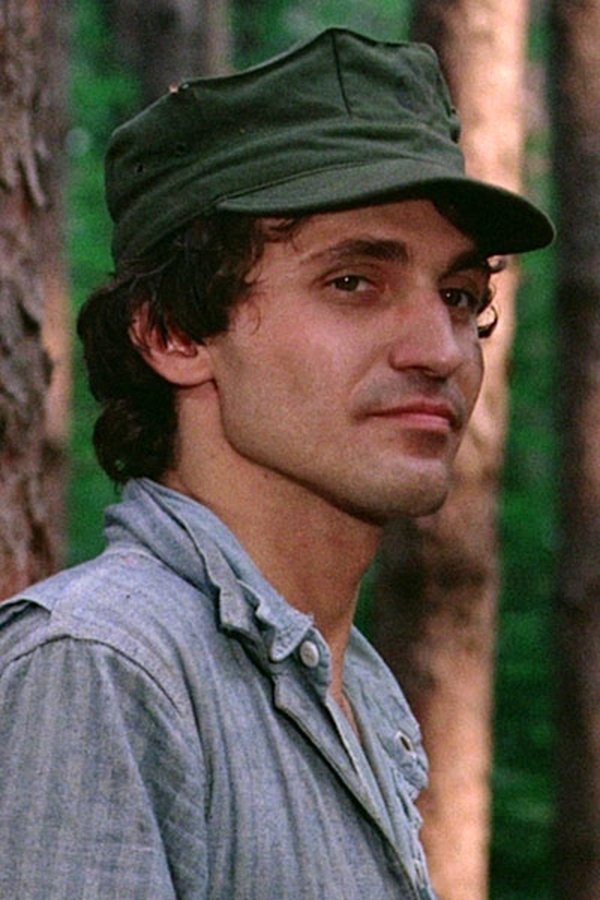How My Octopus Teacher Depicts Healthy Masculinity
In My Octopus Teacher, documentary filmmaker Craig Foster models healthy masculinity by showing us a trusting, gentle, and emotionally fulfilling bond with an octopus.
Incluvie Foundation Gala - Learn More





When it comes to cult classics, the horror genre has always had an overwhelming number of B-movies. Horror B-movies refer to the low-budget feature films as compared to major feature films. One might call them “low-grade” cinema as opposed to the more artistic endeavours, but I’d refrain from saying that. The horror B-movie is a source of unbridled entertainment and for the fans of spooky business, it’s the perfect way to round out Halloween night or any night in which they’re in the mood for horror. Usually characterized by a somewhat loose storyline, sometimes some quite silly characters, a little over-the-top acting and a bunch of practical effects, horror B-movies used to rule the world of horror during the ’70s and ’80s with franchises like Friday the 13, Slumber Party Massacre and Halloween.
But since the late '90s, with big-budget horror films like End of Days and Hollow Man, the focus has shifted from the horror B-movie. We now have major horror features like It and Midsommar and every year, there are almost ceremonial releases from the studio A24 which gave us The Witch and Hereditary. This year itself, Ti West's X and Jordan Peele’s Nope came out, which are far from being horror B-movies. But that being said, it’s only the focus that has shifted because we still have horror B-movies being made. If you enjoy the bizarre, less refined and entertaining world of the horror B-movies and want a break from the nuanced and poignant big-budget horror releases, I have a list of gore-fests from the last ten years to enjoy this October. Here are fifteen films for the fifteen days that remain till the auspicious date of Halloween!
The biggest subcategory of horror B-movies by percentage is the slasher film. Almost overdone violence and heavy reliance on practical effects as opposed to CGI characterize the slasher. And of course, the heavily criticized but also equally loved trope of the final girl is a slasher staple. Some of the most gruesome on-screen deaths have been courtesy of the slasher horror B-movie and I’m here to offer you some more horrible killings. If gore makes you queasy, you may consider skipping this segment.
TW: Sexual Assault & Misogny // Spoilers Ahead
The height of subversive horror cinema is Jennifer’s Body. No, I will never budge on that. Yes, Cabin in The Woods is funny, Scream is very well made, and the Scary Movie franchise is …. there. But nothing is quite as satisfying as watching the teenage succubus that is Jennifer Check rip apart boys. In the post #metoo era where the industry is far from changed, watching revenge flicks like these is probably one of the most cathartic experiences due to the slow-moving progress being made. This 2009 film was so far ahead of its time and continues to be the ultimate metaphor, both on and off the screen, for revenge against misogynistic Hollywood. Megan Fox, the perfect casting choice, leads the film as Jennifer — whose body she reclaims power over after an assault by using it to seduce the men in the small town of Devil’s Kettle to their deaths. She feeds on their frightened, vulnerable (and rather unintelligent) souls and sustains her good looks through this. Her best friend, Needy Lesnicki (Amanda Seyfried), is caught in between her moral reservations about her BFF’s murder spree and grappling with her own “loyalty” toward Jennifer (hint: it's not just gal-pal platonic-ness). The film examines so many themes concerning romantic leanings in female “friendships,” sexual assault, and female empowerment all without falling victim to the male gaze or objectifying its stars. At its core, it's a fulfilling tale of revenge upon the perpetrators of misogyny and about young women finding their own justice in a world that is aimed against them.
The cast and crew being primarily made up of women is one of the reasons the film feels much more authentic and less exploitative than other revenge films such as I Spit On Your Grave. Director Karyn Kusama takes so much care in keeping the film from turning into torture porn (like the previously mentioned film) and instead focuses on the evolution of Jennifer and Needy. Needy goes through the classic She’s All That nerdy-to-cute transformation but also learns how to stand up for herself and use the succubus powers she later receives for good. Even Jennifer changes to the audience from seemingly together it-girl to the revealed abusive, power-hungry friend that she’s been all along — now heightened in her new supernatural form. Essentially, these women are given complexity that does not revolve around retaining their femininity. It’s about survival and testing the bounds of their tumultuous but co-dependent relationship. Standard horror films with female protagonists, usually written by men, make women’s unhinged struggles revolve around puberty and/or a need for male validation. This allegory examines a nuanced struggle in female friendships that can often lead to toxic codependency and the blurring of romantic and platonic feelings. Jennifer’s Body is the perfect example of why more diverse voices are needed in horror to give some truth to the framework of metaphorical storytelling that is central to horror films (I’m looking at you Midsommar). I mean, can you imagine Get Out if Jordan Peele was white?
TW: Sexual Assault, Body Horror, Animal Violence // Spoilers below
There is no more delicate a topic to portray than sexual assault and, because of its heaviness, it seldom gets the attention and discussion it deserves. However, when it is represented in some capacity, it is usually in an explicit and exploitative way that is both incredibly disturbing and detrimental. Often, it's shown in extremes to shock audiences by mixing taboo and the male gaze for some sinister reactionary experiment (stares at Game of Thrones for embodying all of this). Even in the sub-genre that targets this issue specifically, Rape Revenge Films, there is campy violence used by many of these films to transform the topic into a horror story for men and less an exploration of this widespread pandemic that has been plaguing society since inception. So when Shudder picked up Violation for distribution, I was ultimately skeptical. Is this just going to be a modern-day I Spit on Your Grave or a post-horror, A-24 wannabe about sexual assault? It ended up being both — leaving me disappointed and underwhelmed. It begs the question: what is the point of making films about sexual assault if you’re not bringing a realistic or ignored viewpoint to the forefront?
The film follows a pair of once-close, now estranged sisters whose bond is tested when one of their husbands rapes her sister. The protagonist and victim, Miriam, reverses the roles by murdering her brother-in-law, Dylan. What could’ve been a compelling short film is drawn out into an hour and 42 minutes of stock forest footage, over-color-corrected sequences, and excruciatingly long, redundant, gross-out scenes. There is no tension or fear about Miriam getting caught and you don’t know enough about her to care if it happens. The only thing that is crystal clear is that Dylan is horrible — which was obvious right from the beginning with his hunting obsession and implied slight distaste toward Miriam for “controlling” (?) Greta, his wife. The plot is extremely heavy-handed and tries to make the rape a “reveal”, halfway through the film, which is both insulting and incredibly odd considering both the logline and title make it pretty obvious what the film is about. It could’ve been interesting from a psychological perspective if we were able to be inside Miriam’s mind and feel with her. Instead, it provides the audience a large distance between every character and them - alongside harboring the general suspicion subconsciously that the ensemble unjustifiedly has toward Miriam. The result: a lack of empathy from viewers or vitality from the plot. There is no subversion, winding arch, or even explanation. Just straight, predictable, and disgusting violence.
The characters and acting are just as flat as the film. The wolf eating the rabbit in the beyond obvious metaphor and the spider dying in a cup (again smack in the face) has more range and emotional pull than any of the personages at play. Despite there being lengthy scenes for Greta (Anna Maguire) and Miriam (Madeleine Sims-Fewer) reminiscing about their childhood and father, little is known about them presently and before, besides Miriam being called Greta’s “White Knight” (not subtle whatsoever) and that there was some sort of falling out between the once inseparable sisters. Miriam, herself, is perceived by others to be deceiving and controlling yet, we seldom see her act that way beyond a bit selfish and gives a poor portrayal of sexual assault survivors. Alongside that, the editing jumps between points in the timeline and has viewers confused on what is happening and when it is taking place - making Miriam's account of events start to seem unreliable. Instead of making a statement about how survivors must be heard, regardless of reputation, it enforces the cruel perception of Miriam and gives her a vicious persona by having her kill Dylan (Jesse LaVercombe). However, she regrets murdering him immediately - almost freeing him and puking and crying when she both kills and has to dispose of him. It is just grueling to watch instead of providing a sense of justice or empathy.

A young, beautiful career woman rents a backwoods cabin to write her first novel. Attacked by a group of local lowlifes and left for dead, she devises a horrific plan to inflict revenge.

Meir Zarchi
Director

Meir Zarchi
Director

Camille Keaton
Jennifer Hills

Eron Tabor
Johnny

Richard Pace
Matthew Lucas

Anthony Nichols
Stanley

Gunter Kleemann
Andy

Alexis Magnotti
Johnny's Wife

Tammy Zarchi
Johnny's Daughter

Terry Zarchi
Johnny's Son

Traci Ferrante
Waitress

William Tasgal
Porter

Isaac Agami
Butcher
In My Octopus Teacher, documentary filmmaker Craig Foster models healthy masculinity by showing us a trusting, gentle, and emotionally fulfilling bond with an octopus.
Season three of Netflix’s "You" has finally made its comeback! Was it worth the wait? Well…I would not say so. It felt like a bit of a chore to get through. But, as I am somewhat of a completionist, I eventually saw the season through to the end.
The human experience is described through the eyes of a marginalized outsider, neither judgmental nor invested, just an observant donkey.



